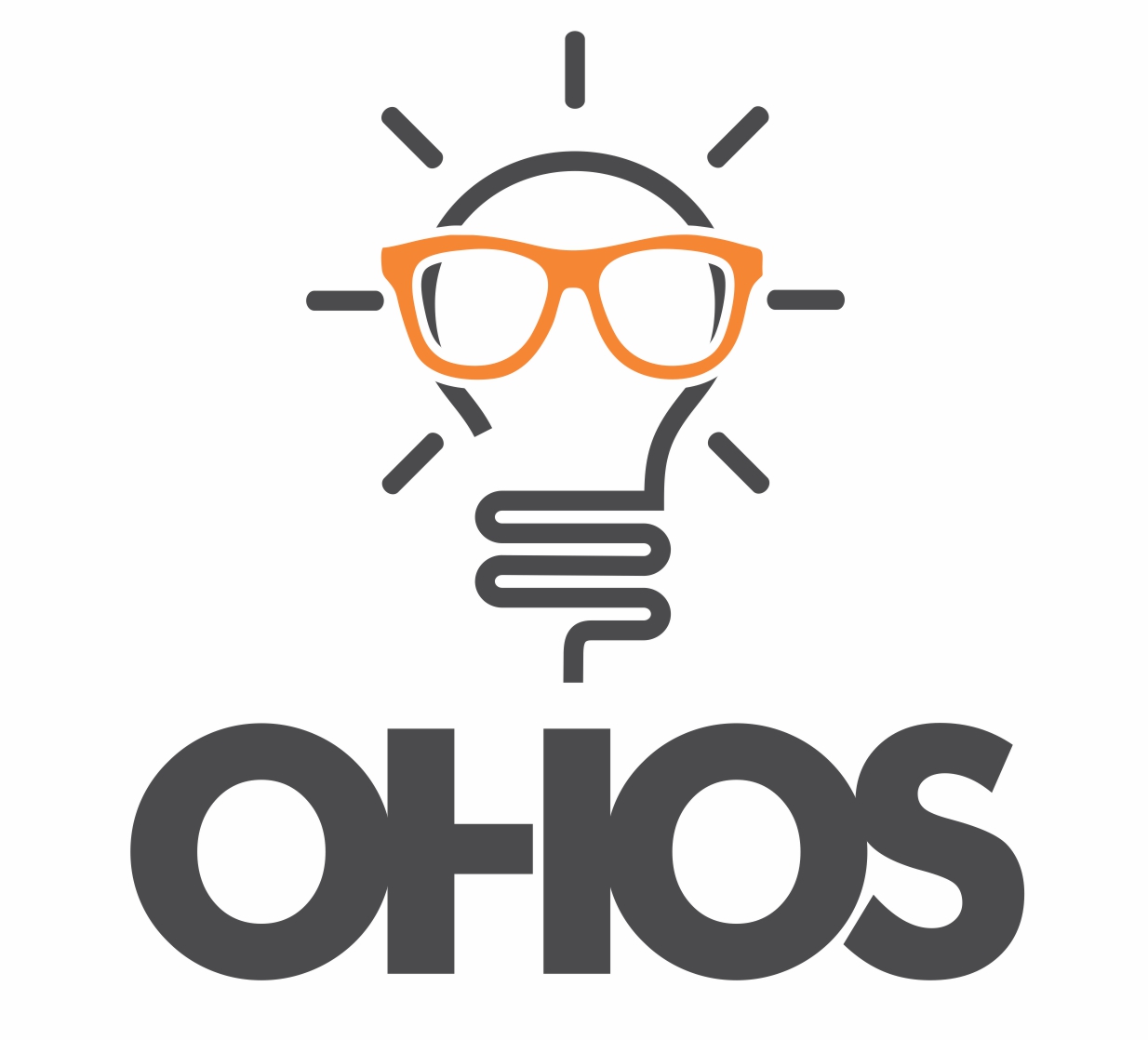The Future of Talent Management is Blockchain
Twice in the past week I've been asked what I think the performance/talent management realm will look like 10 years in the future. So here goes.
With more and more applications and tools collecting data on people and there performance, goals, learning and development, and projects, there is a need for integration and seamless connection like never before. Currently all those systems are typically separate. You have feedback and recognition platforms, you have learning management systems, you have goal tracking, and project management software...all keeping their eye on one person. The need for these systems to be integrated is huge. Together, they offer a much more complete picture of how someone is doing in their work.
Additionally, the recent spotlight on data sharing on services like Facebook, Netflix, Twitter, and others has encountered a backlash and move towards clarifying ownership and data privacy. The recent passing of the General Data Protection Regulations (GDPR) has answered at least in part, that when it comes to personal data held by an organization, the individual retains sole ownership. So top down, centrally controlled data around things like someone's work activity, performance, and goal achievement, is now subject to deletion upon personal request.
The solution to both of these issues is blockchain.
To explain blockchain simply: each piece of data (in cryptocurrency terms they say "transaction") that is created, becomes a "block" on someone's personal data chain. Rather than a centralized and structured database, blockchain is an architecture that links related pieces of data in seemingly disparate systems: think spider-web rather than org-chart. So far, most of the real world application has been in finances because those are easily quantified, verified, and tracked in similar terms so it's a data in/data out model (money in/money out.) But the ability for other data elements exists as well. Such as performance, feedback, training, and career transition data. This opens up huge possibilities for HR to capitalize on verifiable data on candidates and their employees, not to mention and great deal of control for individuals to monitor and manage their data.
Imagine no longer needing to remember your accomplishments, your KPIs, when you moved from one role to another, how often you engaged in development activities, worked on projects, and got great client feedback. Things like unreliable and often terribly subjective resumes would go away. If someone participated and allowed their data to be searchable, you could find talent in a marketplace based on verified data, not a manipulated social media profile like LinkedIn. As an HR professional, your job becomes more about coaching, developing, and using data to assemble the best teams, promote the best leaders, and identify new development resources. Administratively heavy tasks like performance reviews, creating individual development plans, and compensation reviews all become automated, ongoing, and data driven. The possible benefits of turning talent interactions into data are huge.
Blockbuster's former CEO, Jim Keyes, is infamous for saying "Redbox and Netflix are not even on the radar screen in terms of competition." 5-years later, Blockbuster was bankrupt. Disruptive technology is often hard to see because it looks so different than the world you know and it is easy to get romanced by novel packaging. While Netfilx has taken off in so many way, Redbox was simply a new packaging for physical DVD/Blu-Ray rentals. Redbox was a novel packaging of the Blockbuster model (renting from a physical location) which is why it enjoys a niche market with DVD/BluRay die-hards, but is far from truly disruptive.
Disruptive technology often falls in love with the problem, not the solution. The problem with todays talent market is it is scattered, subjective, biased, unsearchable, and encumbered by large repackaged solutions that still offer disparate resources. Blockchain has the ability to coalesce disparate data, streamline collection, mitigate bias, verify events, and make searching for and selecting talent an exercise in data comparison rather than a guessing game. If you think that seems far fetched, I have a new edition of Encyclopedia Brittanica to sell you.
